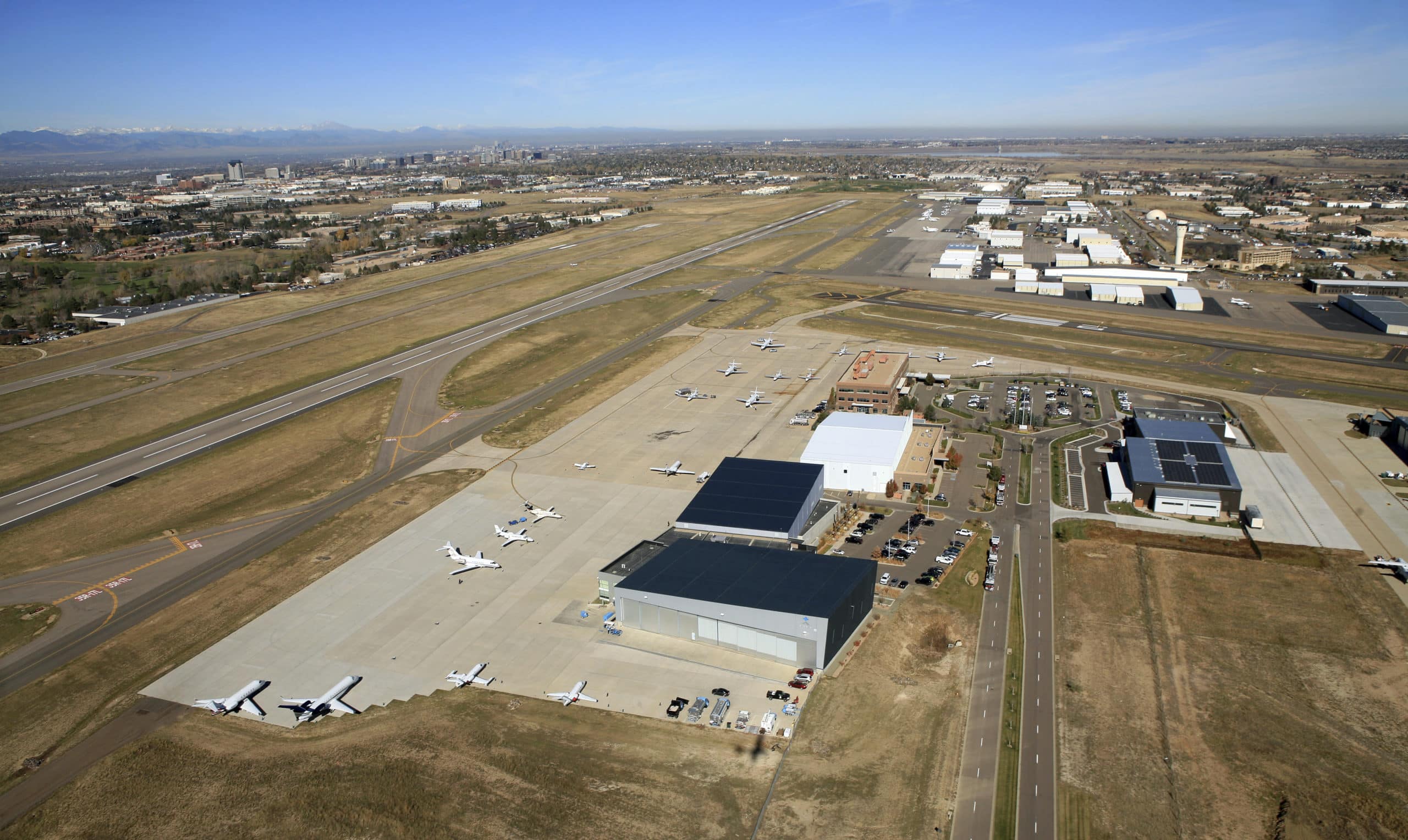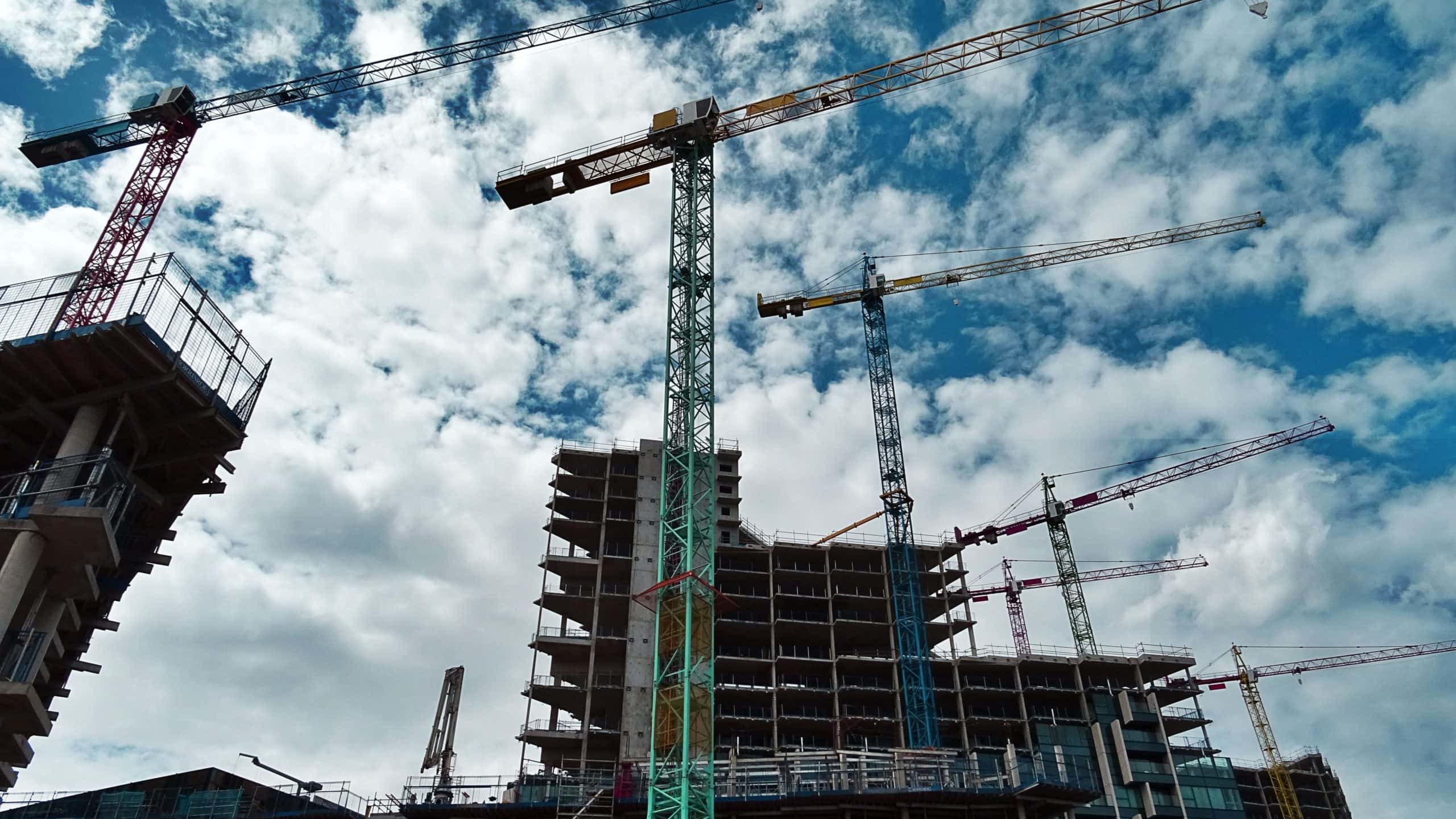
Denver South growth trends
There has been an uptick in overall activity and interest in industrial real estate in Denver South over the last three years. In this time, over two million square feet of industrial real estate have been developed in the region. While this is less than in other areas of Denver, compared to previous developments in southeast Denver, it shows growth. Denver South is now the seventh-largest Denver industrial real estate submarket and the third most active Denver submarket in the last year and a half. Four industry types are particularly active in the Denver South industrial real estate market including aerospace & defense, e-commerce & third-party logistics, telecom & data, and healthcare.
Moreover, the anticipation is that the Denver southeast submarket will see faster growth over the next five years than both the Denver Metropolitan Statistical Area (MSA) and Colorado Springs MSA. Proximity to Colorado Springs is also a source of growth for Denver South. Businesses will try to reach a growing consumer base in the southern suburbs and Colorado Springs, as well as a workforce from both Colorado Springs and Denver.
Accessibility and transport connections
Many of the companies attracted to Denver South focus on traditional road transportation and the region offers convenient ways for large businesses to quickly cover that last mile to their customers. Companies are increasingly implementing a hub and spoke model, with Denver being used as one of the spokes for national companies.
These businesses have varying priorities, but for many, there are common benefits Denver South can offer: fast access to customers, transport links, and space. This comes in the form of easy access to I-70 and C-470, access to Denver International Airport or Centennial Airport, storage space, and enough parking space for trucks.
Anticipated headwinds
Commercial real estate rents tend to be higher in Denver South than in other city areas because of the perceived market value of properties and the tradition of building out office space into other uses or building new developments, rather than being able to take advantage of existing commercial real estate stock. Local taxes also tend to be higher in Denver South, which on its face appears to be a negative. However, these levies are mostly dedicated to the region’s K-12 school districts, which help boost them into the highest-ranked districts in Colorado.
Suggested Reading:
Denver South – a region on the up
Overall, there is a positive awareness about Denver South’s prospects with anticipation of continued growth in industrial real estate due to the area’s proximity to offices and highway accessibility. Future industries that Denver South may see more of in the region include several life sciences sub-sectors such as diagnostic equipment, medical devices, and labs.
Check in with Denver South if you’d like updates on the latest real estate developments. Sign up to our newsletter to stay regularly updated and attend our events.

